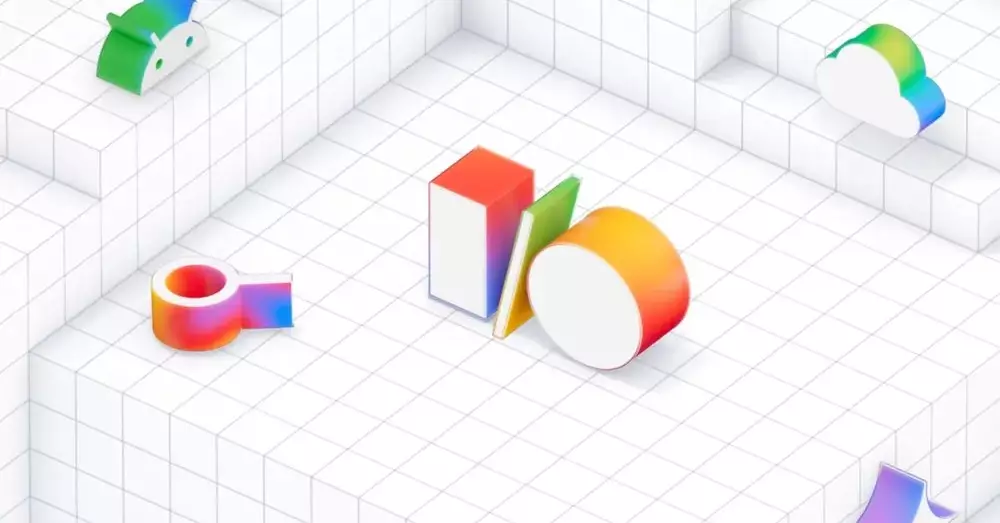As the tech community eagerly anticipates Google’s annual I/O developer conference, excitement is once again focused on the monumental role artificial intelligence (AI) is set to play. Traditionally known for its announcements related to Android OS updates and innovative hardware, this year’s I/O is making a bold shift toward highlighting AI advancements, with a particular emphasis on Google’s Gemini framework. The focus on AI is not just a passing trend; it represents a systemic shift in how we think about technology, and Google appears to be placing itself at the forefront of this transformation.
The indication that major Android OS announcements are off the table this year sets an interesting tone. It highlights a transition away from the routine delivery of incremental smartphone features and updates, directing our attention instead toward groundbreaking AI capabilities. The tech giant’s laser focus on AI is not just to ride the current wave of innovation; it’s a calculated response to the intensifying competition in the AI arena, particularly against the likes of OpenAI, Microsoft, and Meta. I/O 2023 promises to be more than just an event; it has the potential to redefine the tech landscape and how we interact with our devices.
Anticipation of New Features and Innovations
The I/O keynote is set to kick off on May 20th, 2023, and the stage is primed for Google to unveil the latest advancements in AI. With a growing portfolio that includes Gemini and future-oriented projects like Project Astra, Google is positioned to showcase exciting updates that could reshape user experiences across its device ecosystem. Audiences will be on the lookout for features that elevate AI integration into everyday tasks—from productivity enhancements to more intuitive methods of communication.
But it’s not only about AI; Google has also promised developments in extended reality (XR). In an era where digital and physical worlds intersect more seamlessly than ever, the firm’s commitment to XR indicates it recognizes the future is not just about enhancing AI, but also about creating immersive experiences that make technology feel integral to our daily lives. Prototype smart glasses are set to be part of the conversation, suggesting that Google is not willing to sit idly as competitors like Samsung advance in this space.
The Competitive Landscape and Strategic Positioning
The backdrop of I/O 2023 is further intensified by the recent timing of Microsoft’s Build developer event. There is an inherent stakes game at play, one where Google must not only establish its ideas as revolutionary but also demonstrate that they can stand toe-to-toe with rival innovations presented by Microsoft and others. The industry is poised for a back-to-back display of competitive prowess, and it will be fascinating to see how both companies differentiate their visions for the future of AI and XR.
This environment of rivalry is not only a challenge but also an opportunity for Google to reaffirm its identity as an innovator. With the potential unveiling of the next-gen Gemini features, attendees and viewers worldwide will be scrutinizing how Google articulates its vision in responding to consumer needs and industry shifts. The demand for real-time AI solutions has never been greater, and this is Google’s moment to not just present products, but to create a narrative around how their technology can enhance and streamline human experiences.
Shifting Focus: Hardware Announcement Anticipation
Interestingly, the trend of Google minimizing hardware announcements at I/O has raised eyebrows. Historically, this event was the platform where new Pixel devices and smart home products took center stage, yet the shifting strategy suggests a redirection of priorities. The recent unveiling of devices such as phones and wearables seems to have been relegated to pre-I/O events, allowing the company to devote its narrative to more consequential topics, like AI and XR. This choice illustrates a shift away from traditional consumer electronics announcements, focusing instead on abstract concepts and values that resonate with tech-savvy audiences.
Despite the tech community’s appetite for new gadgets, perhaps it is this fundamental shift that can invigorate Google’s brand identity. By prioritizing messaging around cutting-edge technology and its applications, Google is signaling that the product is merely a conduit for a larger vision. The anticipation surrounding potential XR hardware remains, but the spotlight is undoubtedly on creating a dialogue about innovation that transcends physical devices.
As the countdown to I/O follows its course, the convergence of AI and XR presents a thrilling opportunity for Google. The landscape is changing rapidly, and it is clear that the company is poised to lead as it redefines how technology interacts with our lives. This strategic pivot toward highlighting AI and immersive technology channels a broader intent: to elevate the conversation from simple product launches to meaningful innovations that inspire and empower in ways previously unimaginable.


Leave a Reply